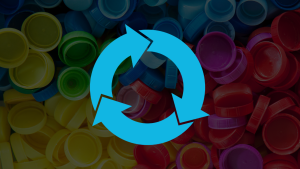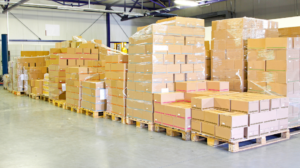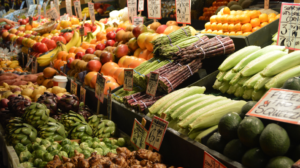Plastic recycling labelling confusing and inconsistent, report says
A new report on recycling and sustainability labelling on plastic packaging has found only 17% of assessed labels give consumers quality information to make informed recycling and purchasing decisions.
The report – from the UN Environment Programme, Consumers International, and the One Planet network – found that 20% of the 30 worldwide labels assessed were given a negative score by consulted experts, 17% were positive, and the rest received mixed or neutral results.
Consumers are increasingly aware of the impact of plastic on the environment and want to reduce their use, the report said, but the information provided to them is often unclear, leading to reported confusion and mistrust. There is a lack of standardization and accountability with individual brands creating their own labels and claims without third party certification. Globally, only about 9% of plastic waste has been recycled and about 12% has been incinerated. The vast majority ends up in landfill or leaks into the environment.
An international, cross-sector consultation presented in the report revealed five key insights and recommendations for clearer and more effective consumer communication on plastic packaging:
Businesses should follow the Guidelines for Providing Product Sustainability
- Information in their plastic packaging communications.
- Definitions about the content and reusability of plastic packaging need to be harmonised at a global level
- Standards, labels, and claims need to better reflect actual conditions.
- The use of the ‘chasing arrows’ symbol should be restricted to indicating recyclability.
- Informative and verified recycling labels should be adopted and their proper use enforced.



